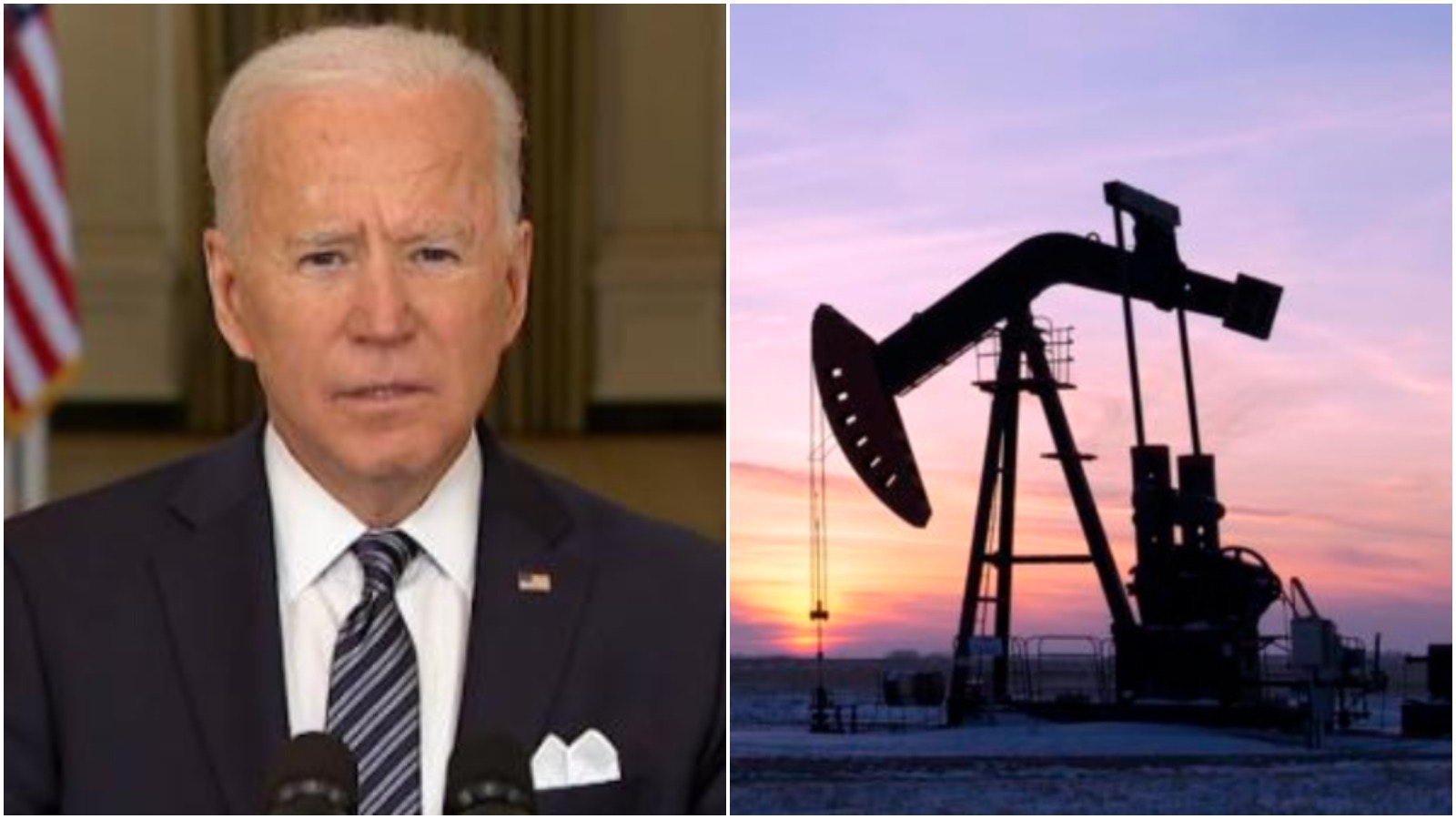A request to President Joe Biden to rescind his blocks on mineral leasing on federal lands may not convince the president to do so, but it will show him how seriously the state takes the issue, a state senator said Thursday.
Sen. Ed Cooper, R-Ten Sleep, urged members of the Senate to approve Senate Joint Resolution 3, which has the Legislature express its opposition to the moratorium because of its impacts on the state.
The resolution was approved on a voice vote in its first full Senate floor review.
Cooper admitted that generally, joint resolutions have little impact. But he said SJR3 came in response to a request from Gov. Mark Gordon.
“This reiterates our support for our governor in his letter to the president regarding our position on oil and gas in the state of Wyoming,” said Cooper, a co-sponsor of the bill. “It reiterates that we strongly support our (congressional) delegation in their efforts to curtail some of these executive orders.”
In his first seven days in office, Biden issued two executive orders that have halted oil and gas leasing on federal lands pending a review of the federal government’s leasing programs. Gordon and a number of western governors wrote letters protesting the moratorium and members of Wyoming’s congressional delegation have also expressed their opposition.
The resolution noted that in addition to owning almost than half of Wyoming’s land, the federal government has direct control over another 42 million acres of mineral rights in the state and some influence on more than 90% of the state’s minerals.
In addition to the immediate impact of reduced income for the state, the move will drive oil and gas producers to other countries where the restrictions are not as stringent, Cooper said.
Sen. Drew Perkins, R-Casper, suggested the resolution be amended to point out how many jobs will be lost because of the moratorium.
“We don’t have anything on how it affects the workforce,” he said. “It’s not just what it does to the coffers of this state, but it has a direct effect on the people as a whole.”
However, Perkins also questioned the value of such resolutions.
“I appreciate the sentiments, but I just continue to feel that (resolutions) usually end up in ‘File 13’ and that’s the end of it,” he said. “They make us feel good that we’re doing something, even though we’re not.”





